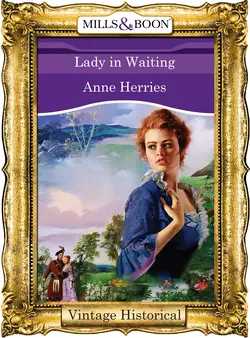Lady in Waiting

Anne Herries
Тип: электронная книга
Жанр: Современная зарубежная литература
Язык: на английском языке
Стоимость: 465.10 ₽
Статус: В продаже
Издательство: HarperCollins
Дата публикации: 16.04.2024
Отзывы: Пока нет Добавить отзыв
О книге: In the heated summer of Elizabeth I′s reignHer hopes of marriage dashed by scandal, the crown under constant threat, Queen Elizabeth I takes a young, spirited woman into her close court circle.On her way to being presented at court, Catherine Moor fights back with spirit when she is attacked in a teeming London street. Tales of Cat′s adventure reach the queen, who–impressed with the young woman′s lively mind–claims her as a lady of the bedchamber. Alert against plots that threaten to overthrow the crown, Cat realizes everyone is suspect. Even the flatteringly attentive Sir Nicholas Grantly, a seductive rogue, has secrets to hide beneath his charming exterior….The Elizabethan SeasonGlory and tragedy, love and betrayal in the age of Elizabeth